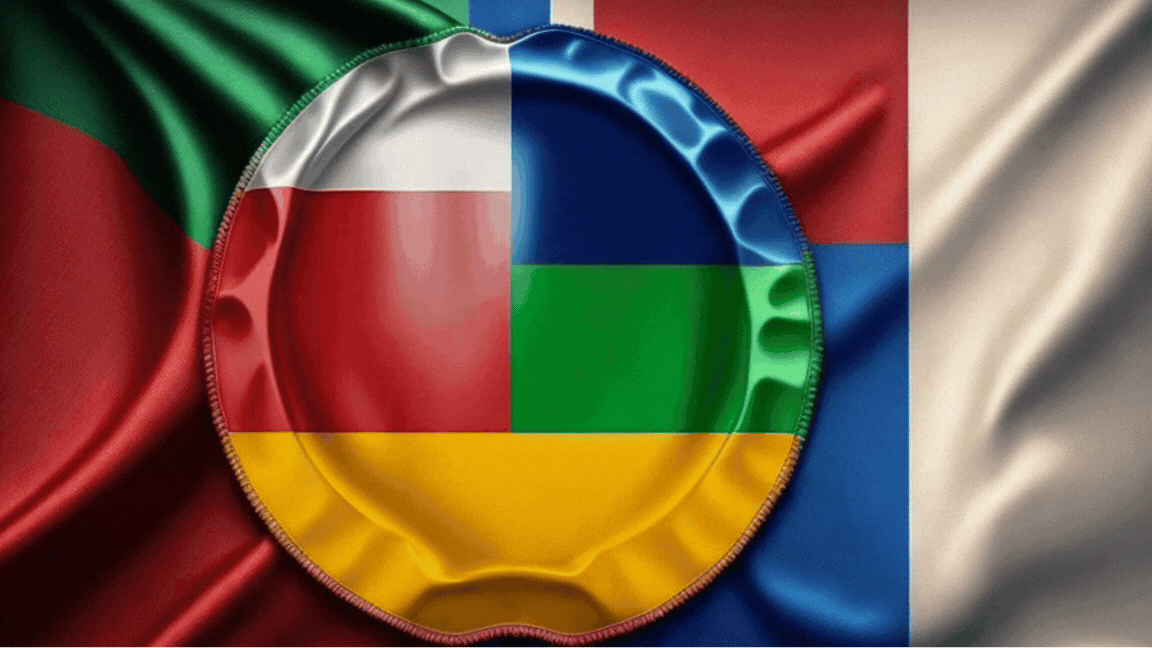
A Cuban descendant to lead Foggy Bottom
Yesterday, Wednesday, I followed closely—via C-SPAN 3—the confirmation hearing in the U.S. Senate Foreign Relations Committee of Marco Rubio as Secretary of State nominee for the incoming Trump 2.0 administration. The Cuban-origin senator used to be in the opposite position, given that he has been serving on that committee for years. He also had key assignments on the Appropriations Committee and the Select Committee on Intelligence. This tells us that Rubio, a former contender for the Republican presidential nomination and an avowed anti-communist hawk, has quite an interesting resume to bring to the table to defend his nomination, which it looks like he will get smoothly. In the audience, perhaps Democrat Chris Coons was the more vocal in reflecting his differences with Rubio, but never in an aggressive way that would indicate a likely veto of the Floridian.
“Little Marco,” as Trump once called him, generally showed himself to be adapted to his new (potential) role as U.S. top diplomat, in the rhetorical order, but continued to appeal to a sometimes flawed and overwrought narrative when referring to certain issues. Then, I am concerned about the almost non-existent presence of Latin America among the main concerns of the committee members, focused mainly on the “Chinese threat”, the war in Ukraine, the Middle East, and even Africa. Before getting into the subject of the countries that make up the so-called “axis of evil” in the region, Rubio answered some questions related to the policy towards Mexico in a quite conciliatory way. For example, the Miami-born politician stated that his interest was to address the problems related to the Aztec nation—he emphasized drug trafficking and in general the problem of the de facto dominance of the cartels in certain border swathes—through cooperation, marking with precision the task that corresponds to diplomacy.
📝 Analysis | Marco Rubio: From Miami's Calle Ocho to the State Department
— VOZ (@Voz_US) January 15, 2025
A look at the meteoric career of someone who could make history in terms of national security and policy towards Latin America. https://t.co/bnvbB8zW5r
On the Haitian crisis, Rubio's assessment seemed to me to be accurate and sincere. The future head of Foggy Bottom sees no short-term solutions to a problem that continues to put pressure on the stability of the region—he does not even rule out that it could get worse—, and in principle bets on reinforcing the so far failed, largely U.S.-funded multinational security mission led by Kenyan policemen. As far as Venezuela is concerned, Rubio presented the Chavista regime as “a drug trafficking organization”, and also strongly criticized the democratic drift of Daniel Ortega's government, but fell short of uncovering any plan of action or policy change in both cases. The case of Nicaragua is very interesting because the economic dynamics of the Central American country are far from those seen in Caracas and Havana, and also because despite rhetorically lashing out hard against Managua, Washington does not apply comprehensive sanctions there.
🚨 | The full words of Trump’s nominee for Secretary of State, Marco Rubio, on the cases of Haiti, Nicaragua, Cuba, and Venezuela:
— VOZ (@Voz_US) January 15, 2025
“They represent a threat to our national security.”pic.twitter.com/PMdeDjNHMv
Regarding Cuba, Rubio spoke of the grim outlook for the country, which he blamed on the persistence of the Caribbean political leadership in its effort to advance a Marxist model of a centralized economy with individual freedoms curtailed. Hardly anyone would argue that poor governance is a factor in the Cuban crisis, especially in recent years. But it is unfair not to also include as a key factor the sanctions regime enforced by the U.S. Treasury Department, which includes the designation of the Cuban state-run fuel importing company, a measure promoted by Rubio in 2019. Questioned kindly by Ted Cruz about the changes introduced yesterday by the Biden administration to that sanctions regime, he said they were not tied to the Democrats' commitments or agreements with the Cuban government.
There are two important points included in the measures introduced yesterday: first the elimination of sanctions targeting Cuban military-owned commercial and financial entities—a very sensitive one for Rubio years, very susceptible to being swiftly rolled back—; and then the removal of Cuba from the State Sponsors of Terrorism list. The man who could become the first Latino at the top of U.S. diplomacy firmly affirmed that the island belongs on the list, but in no way could his “arguments” pass an objective assessment of the matter, following the erratic allegations that Cuba supports Hamas, Hezbollah, and Iranian terrorists. However, he limited himself to saying that he would apply the foreign policy defined by Trump so as not to take sides on whether or not the Caribbean nation would be reinserted after January 20.
The Panama Canal issue was also discussed at the confirmation hearing 👇.
🚨 | Marco Rubio expressed his concern about Panama and the security of the United States:
— VOZ (@Voz_US) January 15, 2025
"A foreign power today possesses, through their companies, which we know are not independent, the ability to turn the canal into a choke point in a moment of conflict, and that is a… pic.twitter.com/HfDdPYXtnG
And this is all for our report today. I have referenced the sources dynamically in the text, and remember you can learn how and where to follow the LATAM trail news by reading my work here. Have a nice day.

